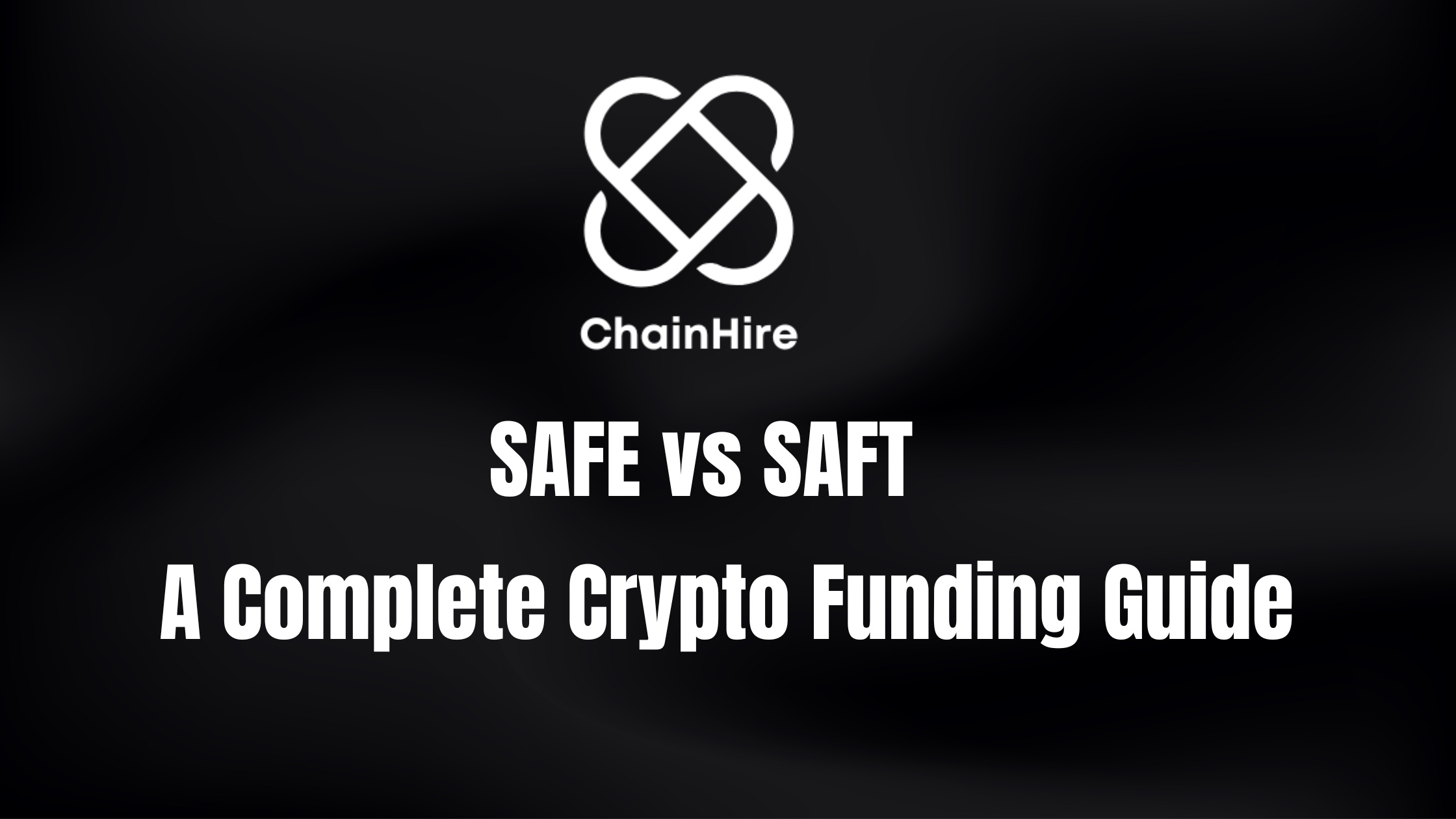Picture this: you get a DM about your dream Web3 job. The company looks legit. The pay is insane. They want to interview you today.
Exciting, right? But hold up — is it too perfect?
In 2025, crypto job scams are more sophisticated than ever: fake interviews, AI-generated recruiters, phishing sites, even wallet “address poisoning.”
This guide breaks it down with real stories, red flags, and a no-BS checklist so you don’t lose your coins — or your confidence.
🚩 The Sneakiest Web3 Scams Right Now
🤖 1. AI-Generated Offers
Scammers now use AI to write perfect job listings, smooth emails, and even chat like real recruiters.
Example: A fake “Careers” page mimics a legit DAO — same logos, colors, everything. AI bots greet you on Telegram, drop details from your real online activity to sound credible:
“Hey! We saw you built a DeFi project on Polygon — we’d love you on our DAO.”
It feels personal, but it’s all AI-driven.
Red flag: If they’re creepily good at referencing your history but dodge verifiable details, pause and fact-check.
🎭 2. Fake Interviews with Malware
Some scams look like a normal hiring process — until the “interview” infects your device.
Mini-story: Alex almost fell for a scam. He got a Telegram invite for a “Social Media Lead” job at a fake company called ChainSeeker.io. They asked him to download a sketchy app — GrassCall — for a “video interview.” It was malware that harvested browser logins and emptied wallets.
Red flag: Real employers won’t make you install shady tools. If it’s not Zoom, Meet, or a known app — big nope.
🎣 3. Phishing & Fake Tasks
Beware the “get rich quick” lure:
- “Write 5 reviews, get $100 in crypto.”
- “Pay a refundable deposit to start your training.”
- “Send a small fee to verify your wallet.”
Mini-story: Priya got an email about a role at “Outlier Ventures” (the site looked perfect). But they asked for 0.05 ETH as an “access key.” She Googled, found scam reports, and dodged it.
Red flag: If they want your money up front — it’s a scam. Employers pay you, not the other way around.
🧨 4. Address Poisoning
This one’s sneaky: scammers send zero-value transactions from lookalike wallet addresses. When you copy-paste later, you grab the wrong address by mistake — and poof! Funds gone.
In May 2025, one user lost $2.6M USDT copying the wrong address.
Red flag: Always triple-check wallet addresses when receiving payments or bounties.
⚡️ 7 Red Flags Your “Dream Job” Might Be a Scam
✅ They want upfront money or crypto for “training” or “equipment.”
✅ They ask for your private keys or seed phrase (run!).
✅ The offer is weirdly vague or promises sky-high pay for tiny effort.
✅ The “recruiter” is pushy: “Accept by tonight or we’ll give it away.”
✅ Their email is from a free Gmail instead of a real domain.
✅ They want you to download odd files or apps.
✅ You get a job offer with no real interview — just a “Congrats!” and a wallet request.
🗂️ The No-BS Anti-Scam Checklist
✅ Verify the company. Google them. Check their official site. Message them via LinkedIn or their real support.
✅ Stick to trusted job boards. Like ChainHire — we only post verified roles.
✅ Never pay upfront. No real job needs your crypto before you’re hired.
✅ Don’t download sketchy files. If you must, run them in a sandbox.
✅ Check wallet addresses. Don’t rush copy-paste. Check first and last characters — twice.
✅ Run suspicious tasks on a burner wallet. Never share your main wallet or private key.
✅ Trust your gut. If something feels weird, slow down. Google it. Ask a friend.
🫡 Stay Smart, Land the Real Job
Web3 is the future — and yes, the Wild West at times. But now you know the playbook:
When in doubt, slow down, double-check, and never ever share your private keys.
And if you want to skip the spammy stuff, ChainHire has real security roles from legit teams — no fake deposits, no shady wallet asks.
Stay sharp. Stay curious. See you on-chain., ciao
— ChainHire Team






